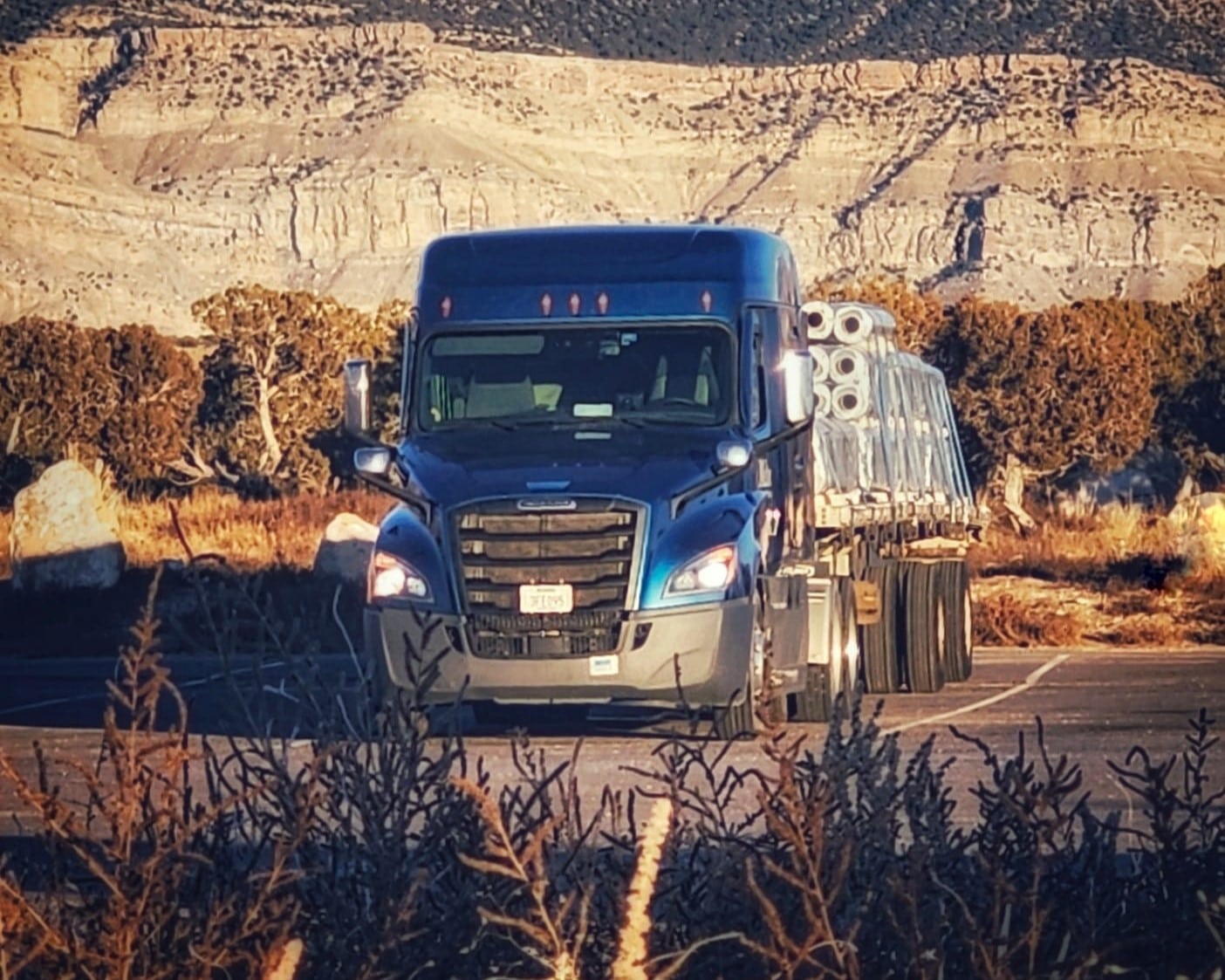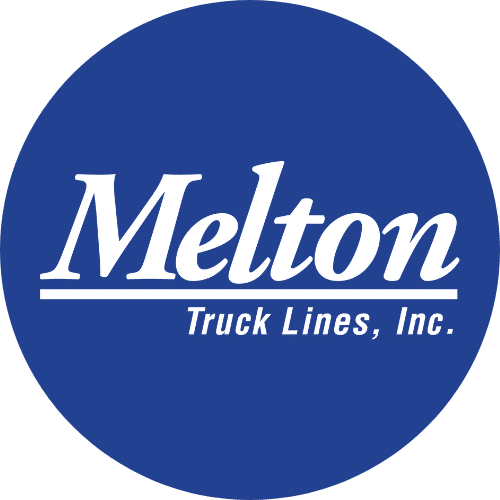
Essential Logistics & Shipping Terms
As you enter the transportation and logistics industry, it may feel as though there is a whole other dictionary of terms and phrases that are being used. Learning the terms you’ll need to know is the first step to success in the transportation industry. In this blog, we’ll review some common phrases, terms, and abbreviations that you might hear in day-to-day conversations about trucking and transportation.
3PL – A 3PL, or a third-party logistics provider, is a business entity that arranges and handles a variety of supply chain functions for a business. This can be especially beneficial for larger business with complex shipping needs, but businesses of all kinds can utilize a 3PL to focus more on their core business functions.
Blanket Rates – A blanket rate is a pricing structure that entails a single rate that covers all shipment expenses with a specific carrier. This doesn’t take into account details about the shipment like size or type of freight.
BOL – A Bill of Lading, or a BOL for short, is a document issued by a carrier to a shipper listing important details about the goods being carried, like the type of freight, destination, and quantity of goods. This document serves as a legally binding contract between shipper and carrier.
Certificate of Insurance – A certificate of insurance is issued by, or on behalf of, an insurance company that verifies a load is covered in case of damage to the cargo. This contains important basics like policy expiration date, individuals covered, and dollar amount of coverage.
Certificate of Origin – A certificate of origin serves as an international trade document that confirms the country of origin of a shipment.
Consignee – The consignee is the person or entity is the shipment receiver and generally the owner of the shipped goods. They will be listed on the BOL as such.
Detention – Detention pay refers to the fee that carriers charge for their driver’s time spent waiting at loading docks beyond their scheduled loading or unloading times.
DOT– The Department of Transportation (DOT) is the federal agency responsible for setting and enforcing rules for all types of transportation in the United States.
Drayage– Drayage is the movement of a shipment from an ocean port to a land-bound destination. This short haul is necessary to bring shipments to their final destination.
EDI – EDI stands for Electronic Data Interchange. This is a format of electronic data that allows important documents to be automatically sent between businesses and avoids human error in the process.
FAK – Freight of All Kinds, or FAK, is a shorthand term used when carriers are creating a rate agreement. This means that a carrier will haul multiple different classifications of goods under a single rate.
FMSCA – The Federal Motor Carrier Safety Administration is an agency within the DOT that focuses on regulating the trucking industry in particular.
Freight Forwarder – Freight forwarders are intermediate entities that provide a variety of services to arrange shipments in a cost-effective, efficient way on behalf of a shipper.
FTL – FTL stands for full truckload and refers to large shipments that require an entire trailer to be transported.
Intermodal – Intermodal shipping is the transportation of a shipment via multiple modes of transportation, such as from a container ship to a semi truck.
LTL – LTL stands for less than truckload, and refers to a shipment that does not require a full trailer. Multiple shipper’s shipments may be put onto one truck for the most efficient transportation.
POD – The POD, or Proof of Delivery, is a term for the document that serves as evidence of the completed delivery of a shipment.
Power-Only – A Power-Only shipment is when a carrier provides a tractor and a driver, but the shipper must provide the trailer.
Shipper – The shipper is the person or place where a shipment will be transferred to, the individual or organization to whom the freight is addressed.
Trailer Pool – A trailer pool is a collection of a carrier’s trailers left at a shipper’s facility that speeds up the loading and unloading process for shippers and drivers.
U.S. Customs Bonded – A U.S. Customs Bonded carrier has received a permit from the U.S. Customs and Border Protection Agency to enter the U.S. borders.

About the Author: Melton Truck Lines
Since 1954, Melton Truck Lines has set out to provide quality transportation services to customers, all while treating our drivers like family. Over 70 years later, Melton remains a leader in flatbed transportation.
Keep up with us on social media, or check out our other blogs below!
